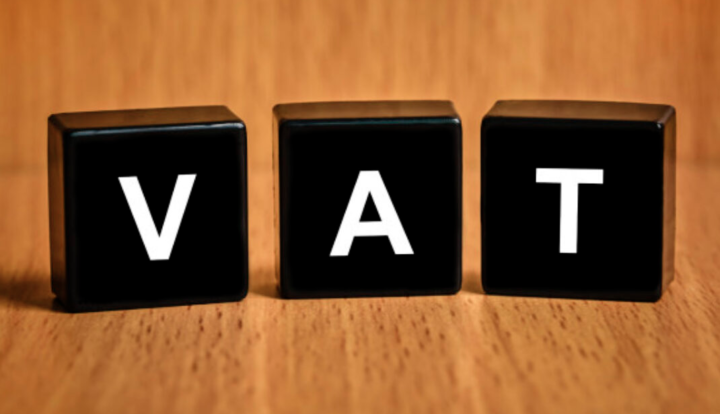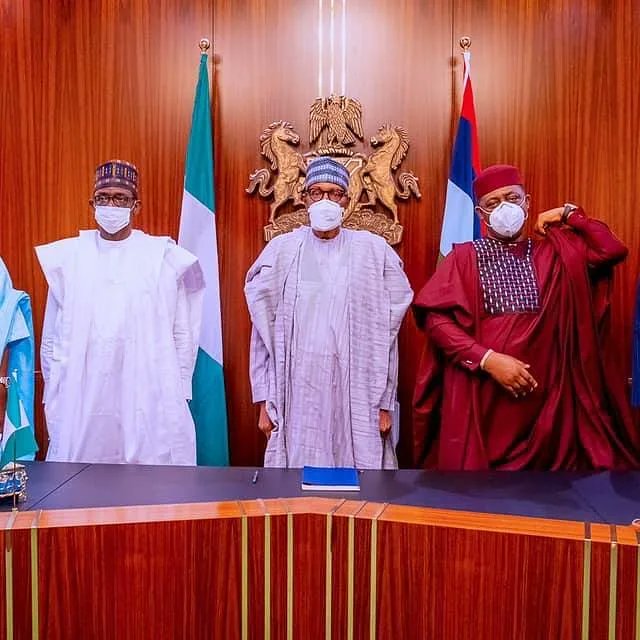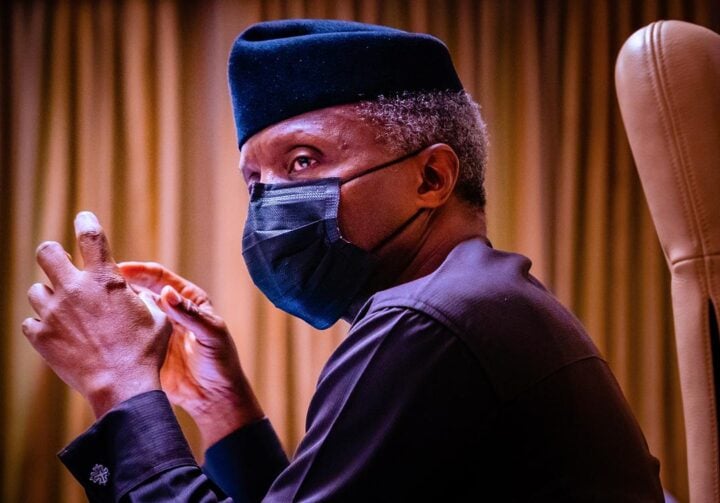BY MOHAMMAD T. ABIODUN
The buzz of VAT and its administration has captured the headlines of most blogs and newspapers in Nigeria. At the centre of the conversation is the Rivers State Governor, Nyesom Wike, pushing forward a VAT law that seeks to collect Value Added Tax from Rivers businesses as against paying to the Federal Government. Backing him is the judgment of a Federal High Court that declared the collection of VAT by the Federal Government illegal, and empowered Rivers State to do so.
Another state is joining in: Lagos. And if newspaper headlines are anything to go by, more States who see a pie to be eaten from VAT gains would join too.
But this judgment is seen as odd to many: after over two decades of VAT administration saddled in the hands of the Federal Government, it suddenly has become illegal? On what basis has the Federal Government then carried out this now illegal act?
Can the VAT Act, a Federal Legislation passed by the National Assembly now become impotent and subservient to State law on the same matter? Does this Act become inapplicable because VAT is not expressly mentioned in the constitution? That should not be so. The powers of the National Assembly to make laws on tax matters are not limited to just those in the Exclusive and Residual lists.
Advertisement
Another question that has been asked by legal commentators is this: How come this judgment now, when some years ago, the Supreme Court gave its blessing to the VAT Act as being above and superior to similar legislation that Lagos State was proposing then. It quashed that Lagos law then.
Similarly, a Federal High Court in Kogi State said that the FIRS was the sole collector of VAT taxes and not the State. Two courts of coordinate jurisdiction have given different pronouncements on the same matter. Sadly, taxpayers would be the victims of the confusion. The hope they have now is the order of the Court of Appeal stating that the parties to the case must not give any effect to the weird judgment of the Federal High Court that sat in Port Harcourt, Rivers State and that the status quo ante bellum be maintained.
Questions were rife when the judgment first surfaced. For one, businessmen in Rivers were already confused as to whether they were to pay their VAT to Rivers state or the Federal Government, even when their headquarters are situated in other states. When they shared these concerns with the Governor during a stakeholder conference he held with them, he had no answers for them.
Advertisement
Then there is also the question of the technical input and output mechanism that defines why VAT as a goods and service tax across the globe has remained a matter left for the national and not the sub-national units.
The outcome of the FIRS application for stay of proceedings at the Court of Appeal if granted would only hold effect till the final determination of the matter. That final determination is eagerly awaited, to ease the needless tension this political and economic confusion has brought to taxpayers.
If it ever happens, the domino effect of states collecting VAT as against the Federal Government, which equitably shares it amongst the three tiers of government, would be felt strongly. Some states would be at the bad end of the stick and would end up running back to the Federal Government. The financial status of any state that thinks collecting VAT by itself would make it richer may not change as much as it thinks.
For instance, the argument that some have made saying that Lagos generates the most VAT is inchoate. What those who make this postulation do not tell you is that Lagos fetches the most VAT because it enjoys the “Headquarters Effect,” such that a business that transacts all across the country pays no VAT in those places it transacts in, but pays it where its Headquarters is situated: Lagos. If these businesses were to pay VAT across the country, in the places they make their money, the myth of the Lagos jumbo VAT would be crushed.
Advertisement
Nigeria is primarily a federation: it is a union, and unions join together, bringing the strengths of each unit to bolster a common front. A powerful country with strong sub-national units is the goal. Not extremities of competing states against each other. Yes, while many states are not as economically strong as others, the strength of a Federation is not limited to just each unit working to attain maximum economic capacity but extends to providing strength to weak states equitably so that they can grow and meet up.
So when farm produce harvested in the farms of Jigawa or Benue, are processed in the industries of Ogun and Oyo State, with VAT being charged to the final product from Ogun and Oyo, we see states bringing their strengths together for the good of the nation, while not belaboring taxpayers at each point of economic activity. If States, where food crops were to be harvested, decide to tax them at source, coupled with VAT paid on the final items, the cost of food items would skyrocket.
Ultimately, were the VAT collection to be positioned in the states and the Federal Government too, the winner would be the Federal Government, which already rakes in a big chunk of the collected sum from VAT paid in the Federal Capital Territory and that collected from imported goods. That does no good to the Federation. States lose at the end.
The Federal Government, through the FIRS already has a strong and capable collection framework. It is better placed than States to do this. Its contested 4% collection charge is little compared to the work that its machinery uses to ensure an effective, smooth, and accurate collection of these funds—such that none of it ends up in the hands of unruly thugs or corrupt officers.
Advertisement
Nigeria, as a whole, has more to benefit from VAT administration operated from the Centre. Citizens do not want annoying double-taxation on goods that would be suffered when states begin to pass individual and irregular VAT laws for themselves. Already, the proposed VAT percentage by Rivers State differs from that Lagos is proposing. Moreover, the current structure works for the equitable distribution of resources: states bringing more to the table still get so much; economically weaker states get just enough too. For instance, Rivers State which brought in about 43 Billion Naira into the VAT pool in 2020, took back 40 Billion Naira as its allocation.
Political leaders, as they enter into the debate of what works best should think win-win for the country. A dog-eat-dog approach on the VAT question would not augur well for the citizens in the long run. When a federation is at war with itself, nobody wins.
Advertisement
Abiodun, a historian writes from Abuja.
Advertisement
Views expressed by contributors are strictly personal and not of TheCable.






